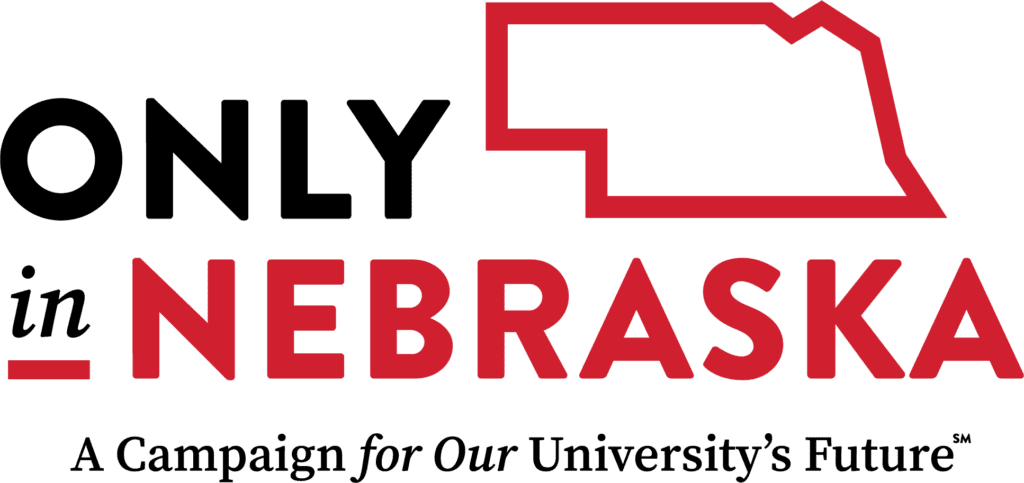Gift enables professor to discuss the evil that men do
Welcome to a normal day in History 4720 at UNO – Professor Waitman Beorn’s History of the Holocaust.
The German police officers of Battalion 101 were normal men, not monsters.
Most were middle-aged. Before the war they had been farmers and factory workers, truck drivers and teachers, husbands and fathers. … Not rabid Nazis.
Yet these normal men shot thousands of Jews point blank, including children, even though their Army leader had told them they didn’t have to.
Step away if you can’t stomach it.
Some did.
But most didn’t.
Why?
“Why is this so important?” asks the professor standing at the front of the classroom, who looks the same age as his students despite a bowtie and beard.
“Why did I assign this reading?”
STORY CONTINUES BELOW
ForgeAds Banner Display
ForgeAds Banner Display
UNK Fund – Student Scholarships
A gift to this fund bolsters the general student scholarship aid available to students within any UNK college.
ForgeAds Banner Display
ForgeAds Banner Display
UNK Loper Advantage Fund
Welcome to a normal day in History 4720 at UNO – Professor Waitman Beorn’s “History of the Holocaust.”
Beorn, an assistant professor, is in his first year as the first-ever Louis and Frances Blumkin Professor of Holocaust and Genocide Studies at UNO.
He’s considered a rising star in the field and is an example of how private money helps bring in the best and brightest faculty members to the university to enhance the educational experience of its students, as well as the greater community.
Beorn wants to get his students to see themselves in this Battalion 101 scenario, to wonder what they would have done, given the circumstances – what is reasonable to expect someone to do given the circumstances? He wants to drive home the point that people must learn to recognize the first mundane steps in the process that leads to atrocities like the Holocaust.
If you can recognize the early steps, he says, you can stop the next genocide long before it gets close to the point where people are being shot.
Beorn may not be what you’d expect for such a professor. He’s happy, even though he studies evil. He’s Episcopalian, not Jewish. A West Point graduate, he served as a scout platoon leader in Iraq before getting his Ph.D. He just got married last fall.
His office in Arts and Sciences Hall has old maps of Poland and Belarus on the wall and many books on genocide, but it also has pink and green tissue-paper flowers and streamers hanging from the ceiling (put there by his history department colleagues when he got married). He just turned 36.
This is his dream job, he says.
UNO is a dynamic academic environment, he says, and he really likes his colleagues. He likes the people of Omaha and hopes to be here a long time. One of Beorn’s goals is to help create a Holocaust and Genocide Studies network composed of other scholars and institutions from around the Midwest.
He’s become friends with Sam Fried, an Omaha man who survived Auschwitz as a teenager.
UNO’s Holocaust and Genocides Professorship was made possible through the efforts of Fried and his wife, Frances, as well as the Blumkins. Louis Blumkin, who recently passed away, was a U.S. soldier who helped liberate concentration camps survivors.
Says Fried: “I’ll give you a prediction. This guy (Beorn) is going to put Nebraska on the map. It’s going to be the center for Holocaust education throughout the state, the Midwest.
“He’s going to do great things.”
From the look on faces of Beorn’s students in History 4720, he already is. (Check out the video that goes with this story, to see some of Beorn’s recent “Perpetrators” lecture.)
“This should be one of the most disturbing pieces we’ve talked about so far,” he tells them.
The reasons for evil, he says, are complex – but often begin in such ordinary ways. Like peer pressure. His students can relate to peer pressure.
In his class, they’re learning how easy it can be for normal people to act like monsters.
Maybe even them.
Faculty support is one of the top priorities of the Campaign for Nebraska. If you, like the Frieds and Blumkins, would like to help bring the best and brightest faculty members to the university – people like Waitman Beorn – please consider giving online or contact the University of Nebraska Foundation at 800-432-3216.





